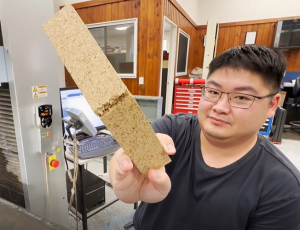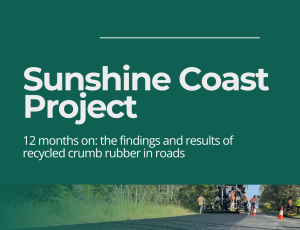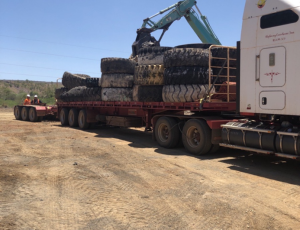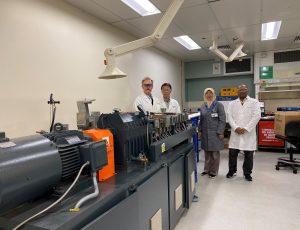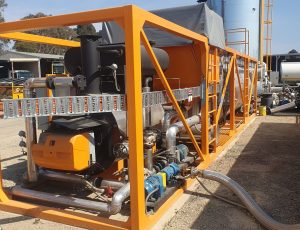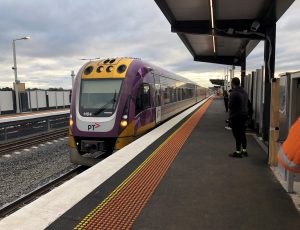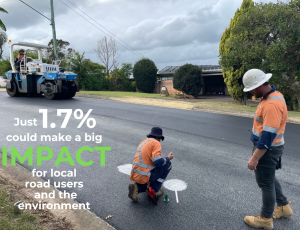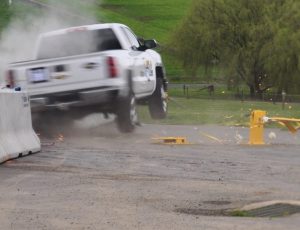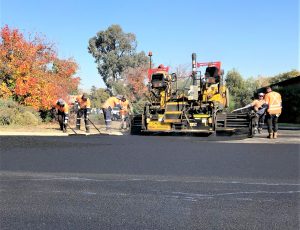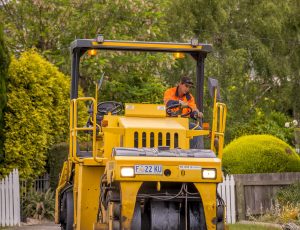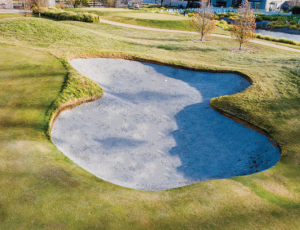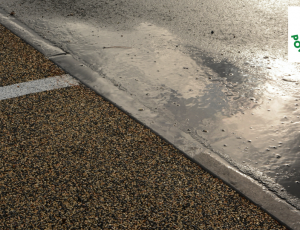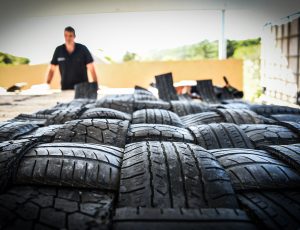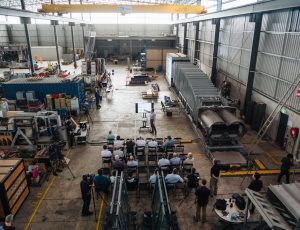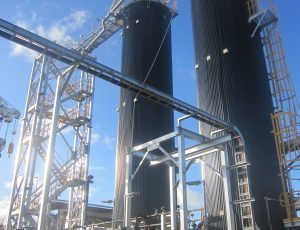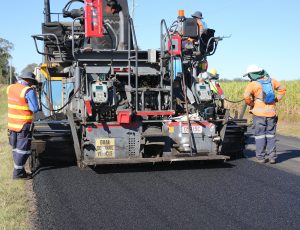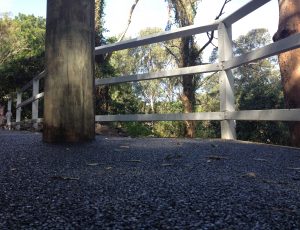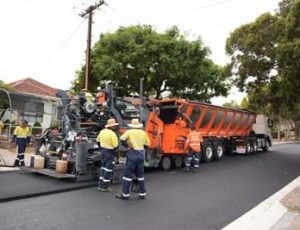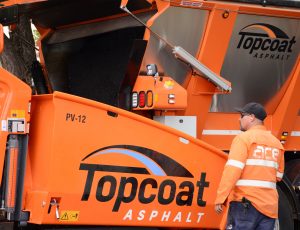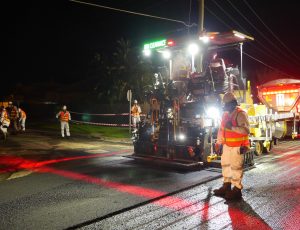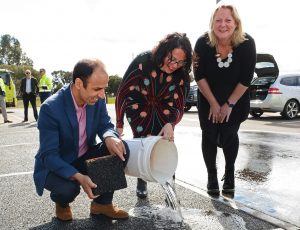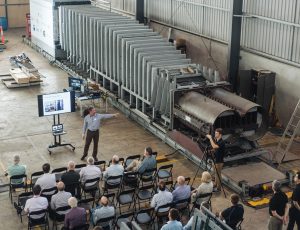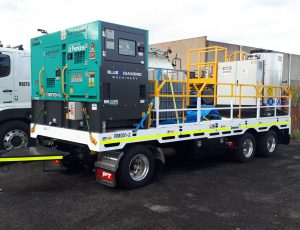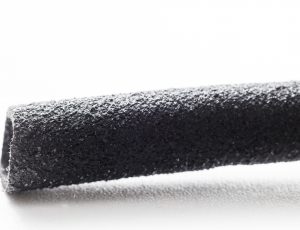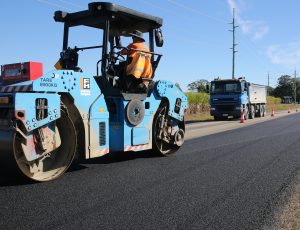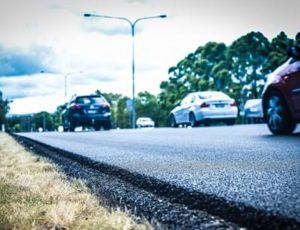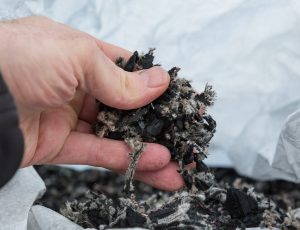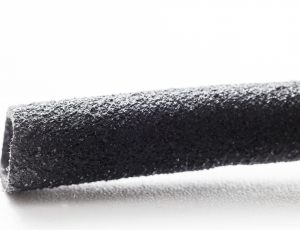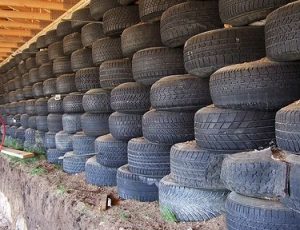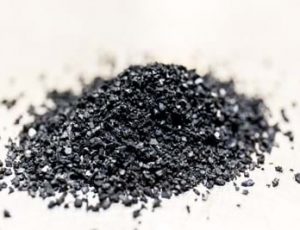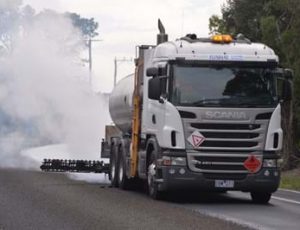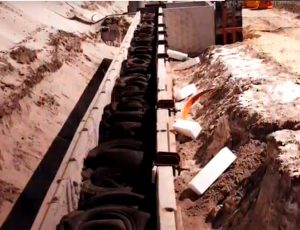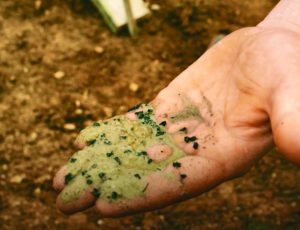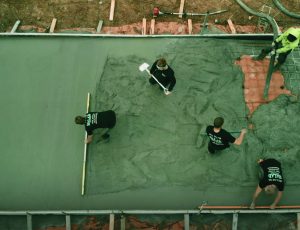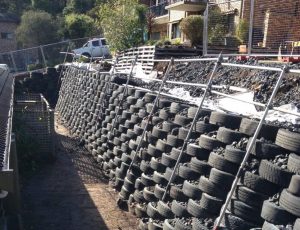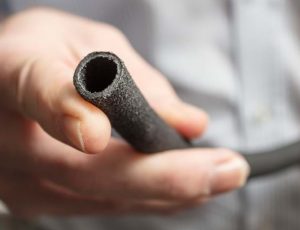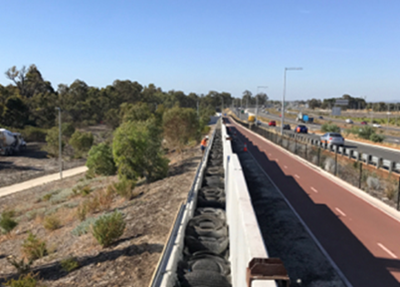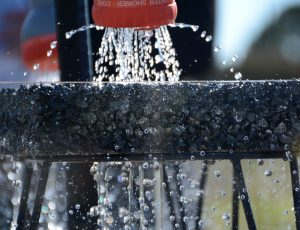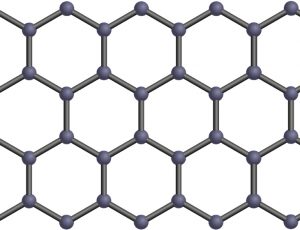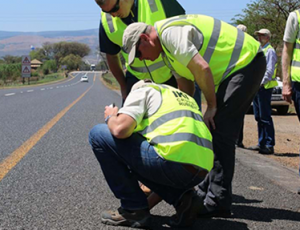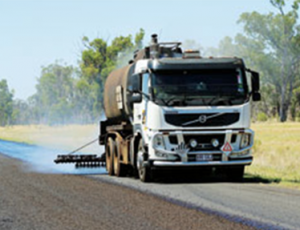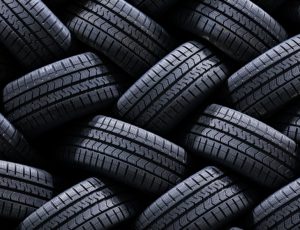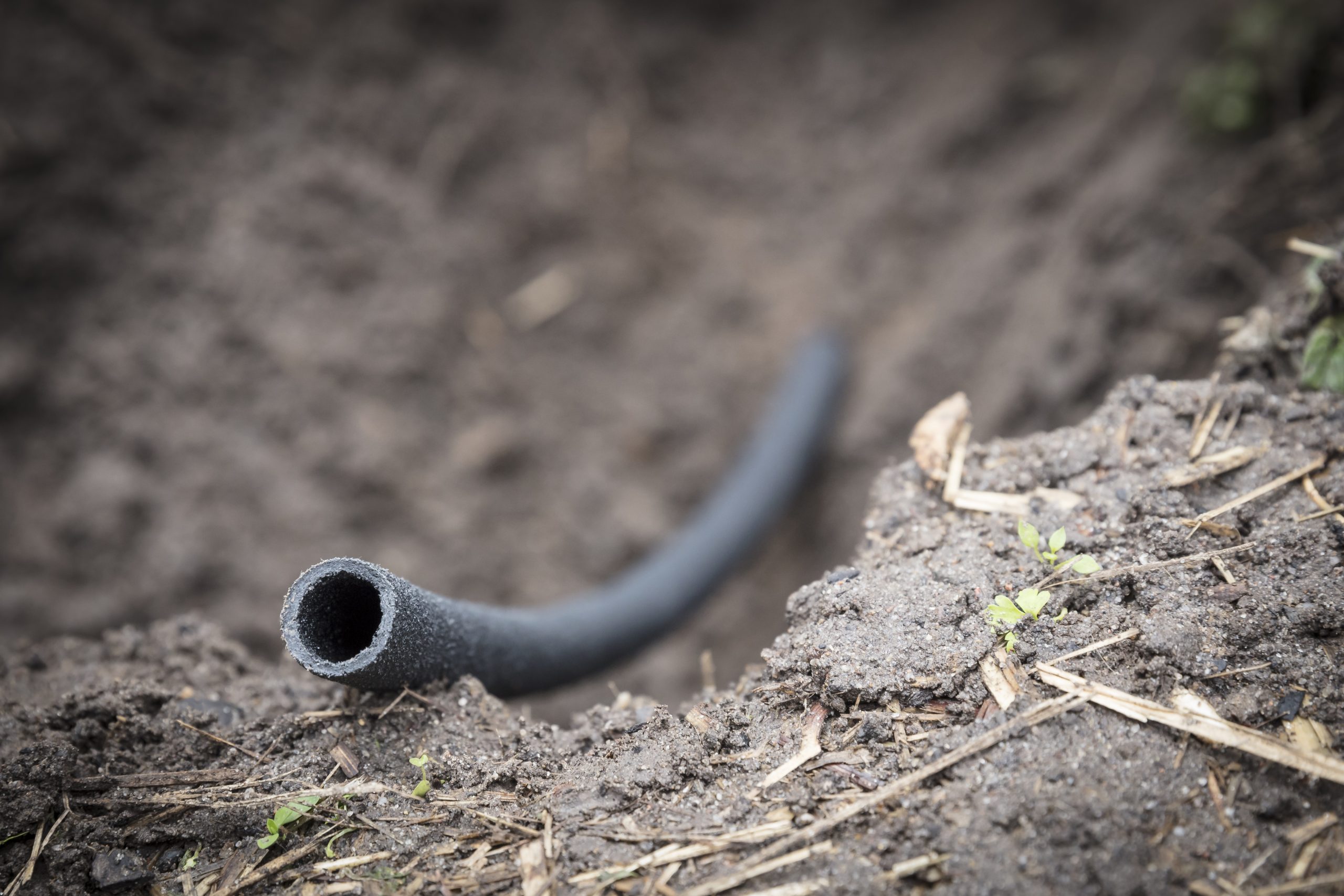Current Projects
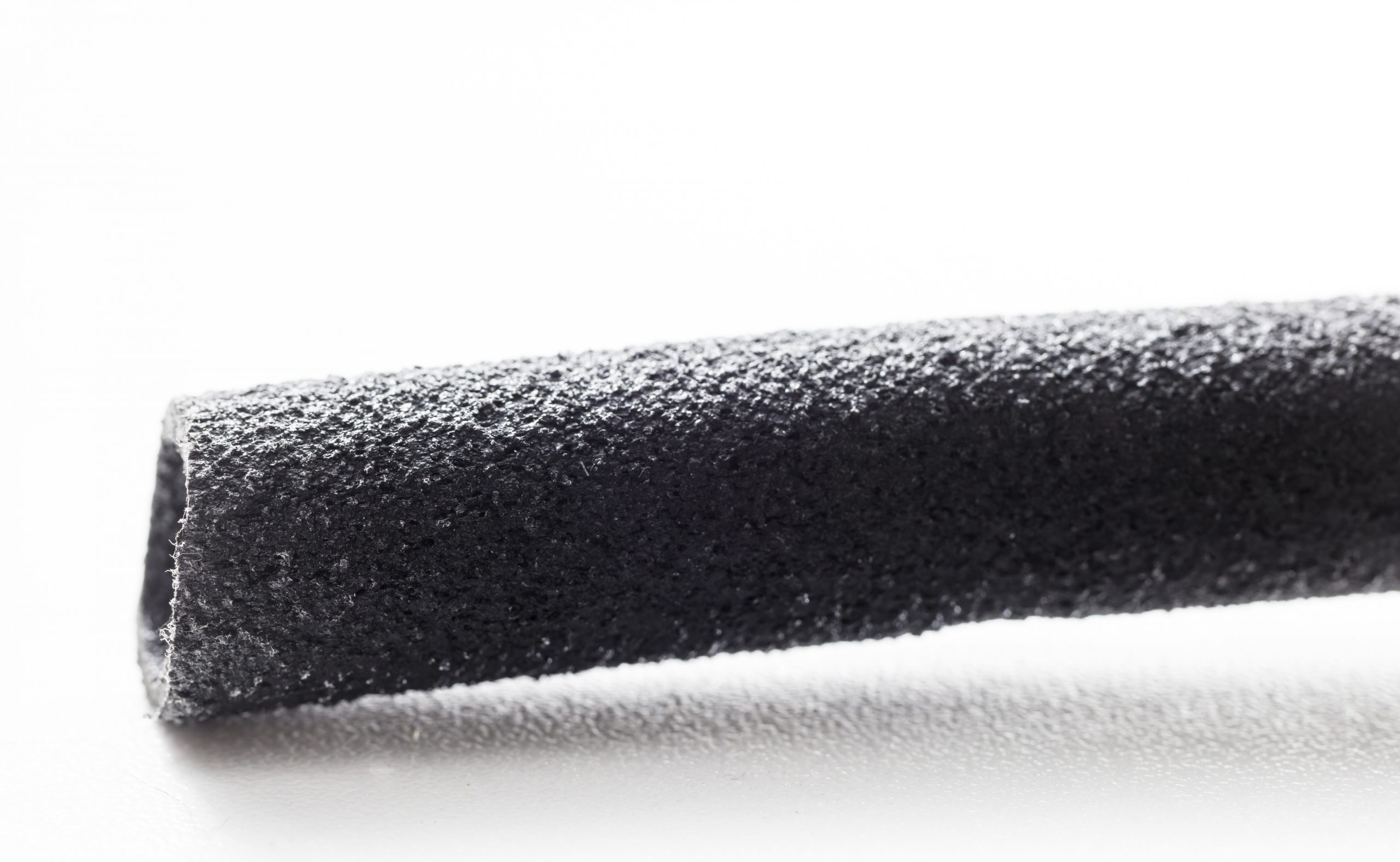
Current Project > Advanced Manufacturing
Rubber Plastic Composite [Polymeric Powders]
1 January 2018
High-tech manufacturing jobs turn recycled tyres into world competitive products
Geelong based joint high-tech manufacturing companies, Polymeric Powders and Austeng, are using end-of-life tyre crumb combined with polyolefin plastic to manufacture a superior quality composite material, enabling the production of commercial pipes using an Australian developed ‘world’s first’ process.
Austeng and Polymeric Powders joined forces on the project, following a Geelong Council business development event, and the two companies have been working on perfecting the manufacturing process that turns tyre crumb into a material for the manufacture of high quality pipes for a range of industrial uses.
The new products offer the potential to develop markets at both a national and international level, and Tyre Stewardship Australia (TSA) has been central to funding research and testing focussed on proving performance that will help realise that commercial opportunity.
The unique patented Polymeric Powders technology converts rubber crumb, sourced from end-of-life tyres, into a modified rubber powder that can be chemically bonded with other materials. The world first technology allows the recycled material to be used as a composite in a wide range of applications including in Industrial tools and components, Building and Construction, Mining, Oil and Gas, Irrigation and Sewerage, Automotive, Aerospace, and Flexible Electronics.
This new composite material has very desirable properties, when compared to traditional plastics, including increased shock absorption (vibration damping), resistance to cracking, thermal insulation and acoustic insulation.
The pipes produced have passed stringent standard performance tests for non-pressure pipe applications such as irrigation and sewerage. The tests included cold bending and straightening and impact testing ranging in temperature from 0 to 50 degrees Celsius. The results mark the first-time plastic/rubber composite pipes using 50% modified tyre crumb have passed such tests.
Another positive is that the new material can be utilised in traditional moulding and extrusion processes, offering opportunities for its use a global injection moulded plastics market that is expected to reach US$252 billion in 2018.
In addition, the new composite material has also been produced in a filament form for use in 3D printing, positioning it well in one of the fastest growing industrial manufacturing processes.
With the help of TSA’s R&D fund, the work of the two companies offers the potential not only to recycle a significant quantity of tyres, but also to create a new industry with opportunities for the skilled manufacturing base that developed in Geelong over decades of automotive manufacture.
